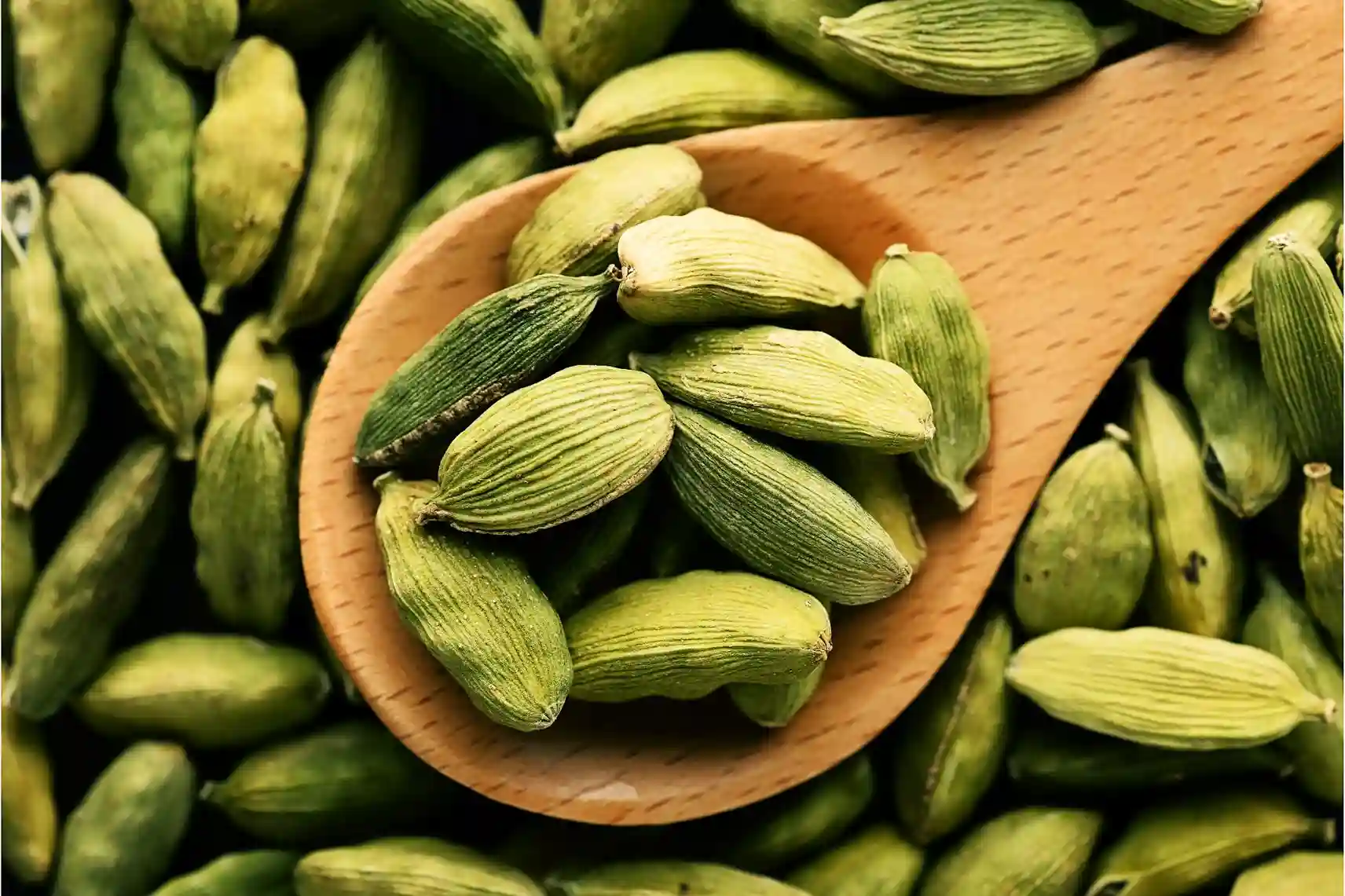Unveiling the Factors Affecting Cardamom Price in Today’s Market
Cardamom is one of the unique spices with its warm and sweet flavour. The flavour of fresh and pure cardamom is really fascinating. Numerous culinary contexts make extensive use of cardamom. There are plenty of factors affecting cardamom price. Global demand, climatic changes and farming practices are some of the factors influencing the production and supply of cardamom. As a spice used in cooking, there are diverse consumer preferences regarding cardamom. The health of the economy and environmentally friendly farming practices contribute to its market’s vibrancy. In addition to traders and farmers, consumers are impacted by the growing demand for exotic spices. Let’s understand the factors affecting cardamom price.
Historical Trends in Cardamom Prices
In seasons of abundant harvest and favourable weather, prices of the cardamom are lower. In seasons of unfavourable weather or rising demand, prices may increase. Farmers, traders, and other interested parties can anticipate challenges and opportunities in the cardamom market by recognising these patterns. Past patterns in cardamom prices show variations brought on by trade policies, governmental regulations, weather, demand, economic conditions, currency fluctuations, and geopolitical events. Comprehending these factors affecting cardamom price helps to understand the causes of variations in cardamom prices, offering insights into the spice’s cost over time.

Basil Thomas
About the Author
Basil, the visionary behind PureLeven, seamlessly fuses his hands-on farming experience from his parents' labor. Guided by nature's lessons, Basil directly sources premium products from Kerala's farms, embodying a profound commitment to ethical commerce, sustainability, and authentic quality.
Email: purelevenexim@gmail.com
Phone/WhatsApp: +91 8075519579
Current State of the Cardamom Market
Presently, the cardamom market is growing due to its uniqueness in culinary and medicinal applications. Some of the key factors affecting cardamom price are changes in consumer preferences, global production, and consumption. There are various factors such as changing consumer preferences, geopolitical events, and climate conditions that are influencing market dynamics of cardamom. A deep understanding of these components is essential for making better decisions within the industry.
Key Factors Affecting Cardamom Prices
Cardamom prices are influenced by some key factors including weather conditions, global demand, geographical location, efficient harvesting and supply chain management, government policies, trade regulations, and currency exchange rates. The factors affecting cardamom price consist of the changes in the weather conditions, global culinary trends, and geographical location can affect the yield and quality of cardamom crops, while disruptions in these processes can lead to fluctuations.
A. Climatic and weather conditions
The weather and climate have a big influence on cardamom cultivation, which impacts the price. The best growing conditions for healthy crops are regular rainfall and comfortable temperatures. Two extreme weather events that can harm plants are droughts and heavy rains. Cardamom prices rise and yields decrease as a result. Monitoring weather patterns is crucial for stakeholders.
B. Supply and Demand Dynamics
The dynamics of supply and demand affect cardamom prices. The supply chains are impacted by weather, harvest yields, and distribution effectiveness. The supply and demand dynamics have a great influence in price regulation of the cardamom market. Global market applications, culinary trends, and consumer preferences all affect the demand. Market participants must comprehend and keep an eye on these changes to effectively anticipate and react to price shifts.
C. Economic and Political Influences
Cardamom prices are influenced by economic and political factors. As one of the factors affecting cardamom price, the government policies and economic conditions affect the market. Fluctuations in these aspects affect producers and consumers, making and monitoring governmental decisions and economic indicators crucial for understanding and navigating pricing complexities. So, market participants must be concerned about economical political influences in the cardamom market.
D. Technological Advances in Cardamom Farming
Technological developments have enhanced the quality, yield, and cultivation methods of cardamom. As one factors affecting cardamom price, production has been maximised through controlled environment farming, intelligent irrigation systems, and precision farming. The application of technology to transportation, processing, and harvesting has increased the efficiency of the supply chain. Better growing practices result in larger yields, which impact supply and market prices. As a result, these developments have an impact on prices.
Challenges and Opportunities for Cardamom Farmers
The challenges faced by cardamom growers are mainly due to pests, climate changes. They require integrated pest management, climate-friendly
strategies, and smart farming techniques to thrive sustainably. For the factors affecting cardamom prices.
There are different options including supporting quality standards, investing in organic farming, crop diversification, and fair trade programmes. The cardamom industry must balance these opportunities and challenges, as price factors correlate with farmers’ capacity to overcome hindrances and profit from sustainable practices.
Future Outlook for Cardamom Prices
Price movements and market trends are expected to cause price fluctuations in cardamom. Demand for natural and exotic flavours rises as consumers become more health-conscious and curious about the spice’s therapeutic qualities. On the other hand, difficulties could arise from climate change and geopolitical factors. For cardamom industry participants to make wise decisions and successfully negotiate the changing market environment, they must be aware of these trends.
Conclusion
Market players must understand the main factors affecting cardamom price, especially if they trade Kerala cardamom online. The climate, technical developments, and market trends are some of them. Growth in a market is determined by the equilibrium between supply and demand, which is impacted by meteorological conditions, innovations in agriculture, and evolving consumer preferences. Keeping up with these factors helps with strategic decision-making, especially in the highly dynamic cardamom industry.
Being aware of these factors is essential for success in the field of Kerala cardamom online trading, not just a choice.

